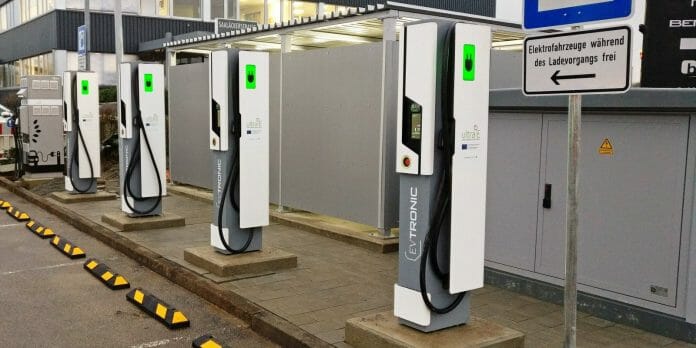Ta Win and RR One Capital D.O.O. after announcing their EV charging station plans, are now aslo in talks to adopt blockchain technology in drawing up smart contracts in the infrastructure development of electric vehicle (“EV”) charging stations and integrated charging ecosystem.
The technology allows information and database of transactions managed by individuals who all own and store a copy of that database. Once the transaction is verified, it is processed and added to the database and cannot be removed. An additional layer of smart contracts can be built on top of blockchain in any peer-to-peer (“P2P”) transaction of any kind which would not require 3rd party to overlook and validate.
With the partnership, Ta Win and RR One Capital will develop these P2P smart contracts which can be applied in P2P electric vehicle charging. They also intend to collaborate with other reputable technology partners to deploy the technology partner’s blockchain-based solutions combined with artificial intelligence (AI), big data and internet-of-things (IOT) technologies along the supply chain of EV charging stations. To integrated charging ecosystem; and import charging modules and solutions for the installation on the EV charging stations.
Based on the statistics released by the Malaysian Automotive Association, a total of 529,434 and 249,129 passenger cars and commercial vehicles are registered in Malaysia for the year 2020 and this year. The adoption of EV cars in the country is about to take off exponentlyy in the near future. Ta Win and RR One Capital are confident the infrastructure development of EV charging stations will be increasingly important as the acceptance of EV scale up in Malaysia once a clear EV policy and/or roadmap is drawn by the policy makers.
In efforts to achieve zero emission, EU has set a target of at least 30 million zero-emission cars will be in operation on European roads with 3 million public charging points by 2030. Singapore aims to phase out Internal Combustion Engine (ICE) vehicles and have all vehicles run on cleaner energy by 2040. Malaysia has a net zero carbon emission target by 2030.
To fund the P2P blockchain smart contract project jv Company is allocating RM30 million, which is expected to be funded by the proceeds raised from the proposed private placement to be undertaken by Ta Win.









